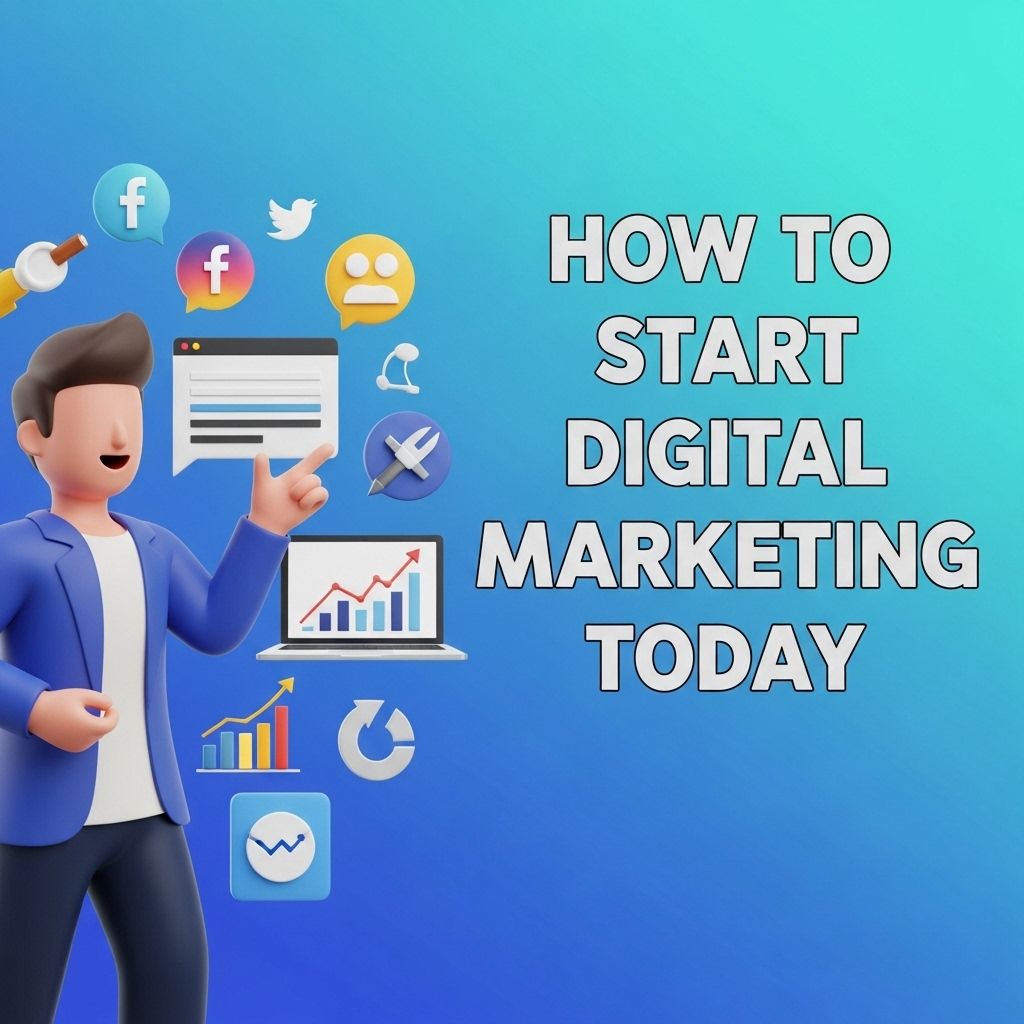Revolutionizing Multivariate Testing with AI Ad Copy
Discover how AI ad copy is transforming multivariate testing, enhancing campaign effectiveness, and driving better results in marketing.

In the fast-paced world of digital marketing, the need for data-driven strategies has never been more crucial. Marketers are constantly seeking ways to optimize their campaigns and maximize their return on investment. Among the most powerful tools in their arsenal is multivariate testing. Traditionally a complex and time-consuming process, the advent of AI technologies is now transforming this testing method, making it more efficient and effective than ever before. This article explores the revolutionary changes brought about by AI in multivariate testing, underscoring its importance for modern marketing strategies.
In the fast-evolving landscape of digital marketing, leveraging AI for multivariate testing is proving to be a game changer. By harnessing advanced algorithms, businesses can optimize their ad copy with unprecedented precision, streamlining the process of identifying what resonates best with their audience. To elevate this strategy, see how to use 3D mockups effectively and enhance ad engagements.
Table of Contents
Understanding Multivariate Testing
Multivariate testing is a method used to test multiple variables simultaneously to determine which combination performs best. Unlike A/B testing, which typically compares two versions of a single element, multivariate testing allows marketers to evaluate multiple elements at once, such as headlines, images, and calls to action.
Key Benefits of Multivariate Testing
- Comprehensive Insights: By testing various combinations, marketers can gather rich data on user preferences and behaviors.
- Time Efficiency: Instead of running multiple A/B tests over time, marketers can obtain results in a single experiment.
- Optimized User Experience: The insights gained enable the creation of highly tailored experiences for different audience segments.
The Role of AI in Multivariate Testing
AI technologies are significantly enhancing the multivariate testing process by automating data analysis, predicting outcomes, and providing actionable insights. Let’s take a closer look at how AI is reshaping this landscape.
1. Automated Data Collection and Analysis
Traditional multivariate testing involves manual data collection and analysis, which can be labor-intensive and prone to human error. AI streamlines this process by:
- Aggregating Data: AI algorithms can quickly gather data from various sources, including website analytics, user interactions, and social media.
- Real-Time Analysis: Machine learning models can analyze data in real-time, providing immediate insights into user behavior and preferences.
2. Predictive Analytics
AI-driven predictive analytics allows marketers to forecast outcomes based on historical data. This capability enables:
- Targeted Testing: Marketers can focus their efforts on the most promising combinations of elements, reducing wasted resources.
- Improved Decision-Making: With accurate predictions, marketers can make informed decisions about which elements to implement in their campaigns.
3. Enhanced User Segmentation
AI can analyze user data to identify distinct segments within a target audience. This segmentation allows for:
- Personalized Experiences: Tailoring content and interactions based on user preferences and behaviors enhances engagement.
- Dynamic Testing: Marketers can run multiple tests simultaneously across different segments, optimizing results for each group.
Implementing AI-Driven Multivariate Testing
For marketers looking to integrate AI into their multivariate testing strategy, consider the following steps:
1. Define Clear Objectives
Establish what you want to achieve with your multivariate tests. Are you looking to increase conversion rates, improve user engagement, or enhance brand awareness? Clear objectives will guide your testing process.
2. Identify Key Variables
Select the variables you want to test. These could include:
| Variable Type | Examples |
|---|---|
| Text | Headlines, descriptions |
| Visuals | Images, videos |
| Layout | Button positions, navigation |
3. Utilize AI Tools
Leverage AI-powered tools that facilitate multivariate testing, such as:
- Google Optimize
- Optimizely
- VWO
- Adobe Target
4. Analyze Results
After running your tests, analyze the results to determine which combinations performed best. Use AI tools to assist in interpreting the data and making adjustments based on insights.
Case Studies: AI in Action
To better illustrate the impact of AI on multivariate testing, let’s look at a couple of case studies:
Case Study 1: E-Commerce Retailer
An e-commerce retailer utilized AI-driven multivariate testing to optimize their product pages. By testing different combinations of images, descriptions, and call-to-action buttons, they discovered that certain layouts significantly increased conversion rates by 30%. The retailer was able to implement these changes across their site, resulting in a substantial revenue boost.
Case Study 2: Online Publisher
An online news publisher implemented AI to analyze reader engagement with various headlines and article layouts. By leveraging predictive analytics, they identified headlines that resonated more with specific audience segments, leading to a 40% increase in article clicks. This tailored approach not only improved reader engagement but also enhanced ad revenue.
Challenges and Considerations
While the benefits of AI-driven multivariate testing are clear, there are challenges to be aware of:
1. Data Privacy Concerns
With increasing scrutiny around data privacy, marketers must ensure compliance with regulations like GDPR and CCPA when collecting and utilizing user data.
2. Complexity of Implementation
Integrating AI into existing marketing processes can be complex. Marketers should invest time in selecting the right tools and training their teams.
3. Continual Learning
The digital landscape is constantly evolving. Marketers should remain adaptable and continually learn from their testing outcomes to refine their strategies.
The Future of Multivariate Testing
As AI technology continues to evolve, the future of multivariate testing looks promising. Innovations such as automated testing, improved algorithms for predicting outcomes, and enhanced user experience personalization will further streamline the process.
Conclusion
AI is revolutionizing multivariate testing, making it more accessible and effective for marketers. By automating data analysis, providing predictive insights, and allowing for dynamic user segmentation, AI empowers marketers to make data-driven decisions that optimize their campaigns. As businesses increasingly embrace these technologies, those who adopt AI-driven multivariate testing will likely see significant advantages in their marketing efforts. Embracing this change is not just an option; it is essential for staying competitive in the ever-evolving digital marketplace.
FAQ
What is multivariate testing?
Multivariate testing is a method used to test multiple variables simultaneously to determine which combination performs best in achieving desired outcomes.
How does AI enhance multivariate testing?
AI enhances multivariate testing by analyzing large sets of data quickly, identifying patterns, and providing insights that help optimize ad copy and marketing strategies.
What are the benefits of using AI for ad copy testing?
Using AI for ad copy testing allows for faster decision-making, improved accuracy in predictions, and the ability to tailor content to specific audience segments.
Can multivariate testing be applied to different marketing channels?
Yes, multivariate testing can be applied across various marketing channels, including social media, email campaigns, and landing pages.
How do I get started with AI-driven multivariate testing?
To get started, choose an AI platform that specializes in multivariate testing, define your variables, and set clear goals for your ad campaigns.








